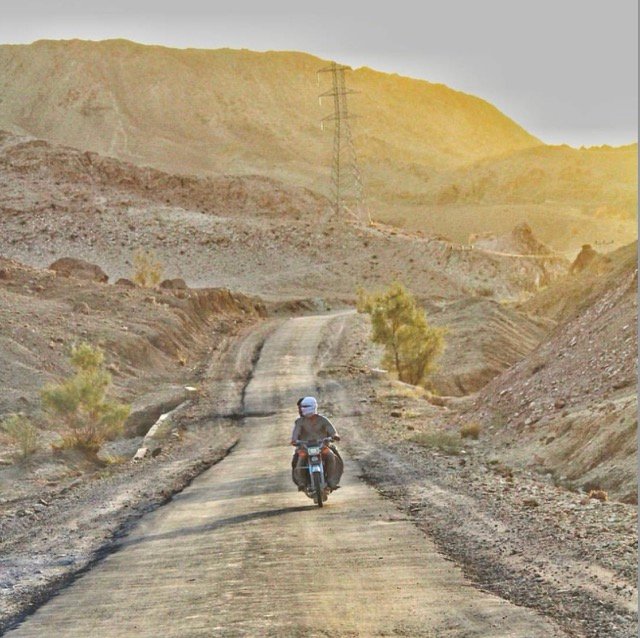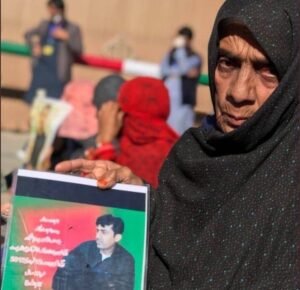CPEC Without Consent: Baloch Voices Against Displacement and Militarization

Photo:@Balochistan Human Rights Council
ADN
In Gwadar, once a tranquil fishing hub and now the epicenter of a geopolitical mega-project, the grand promises of the China-Pakistan Economic Corridor (CPEC) have unravelled into a story of loss, unrest, and resistance.
Instead of prosperity, the people of this coastal Baloch town are facing displacement, disenfranchisement, and an increasingly militarized existence.
Human rights activist Abdullah Abbas, who now lives in exile due to persecution by the Pakistani military, shared his concerns with Afghan Diaspora Network (ADN).
“These so-called development projects are carried out without the consent of the local population. People are being pushed off their land. Gwadar residents are seeing no benefit,” he said.
Indeed, Gwadar and its surrounding areas have become heavily militarized zones. Nine different security forces operate in the region, and the Pakistan Air Force alone has acquired 84,000 hectres of land. Checkpoints appear every few kilometers, and the presence of Chinese surveillance technology, drones, and military support has only intensified repression.
Poor planning has led to flood-prone infrastructure, with many homes inundated during monsoon seasons. “We are not even allowed to access the ocean, the very source of our livelihood,” Abbas lamented.
While CPEC is championed by Islamabad and Beijing as a game-changing initiative, the people of Balochistan continue to bear the brunt of its cost , socially, economically, and environmentally. They argue that CPEC has strengthened centralized military control while offering no real benefits to the local population.
“There is an anger towards the Chinese,” Abbas said.
For many in Balochistan, the corridor has become a symbol of exploitation rather than development. “Gwadar belongs to its people,” Abbas stressed.
“From the CPEC, the major projects are happening in Punjab. In Balochistan, we are only seeing military deployment, while the development is taking place in other parts of Pakistan, not here.”










